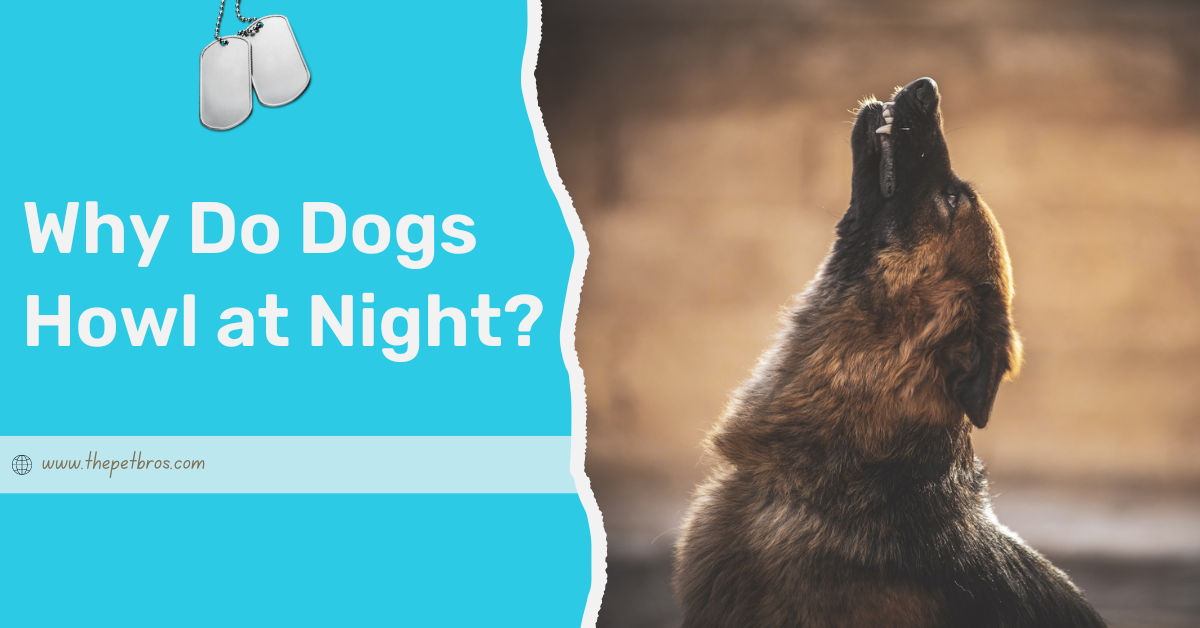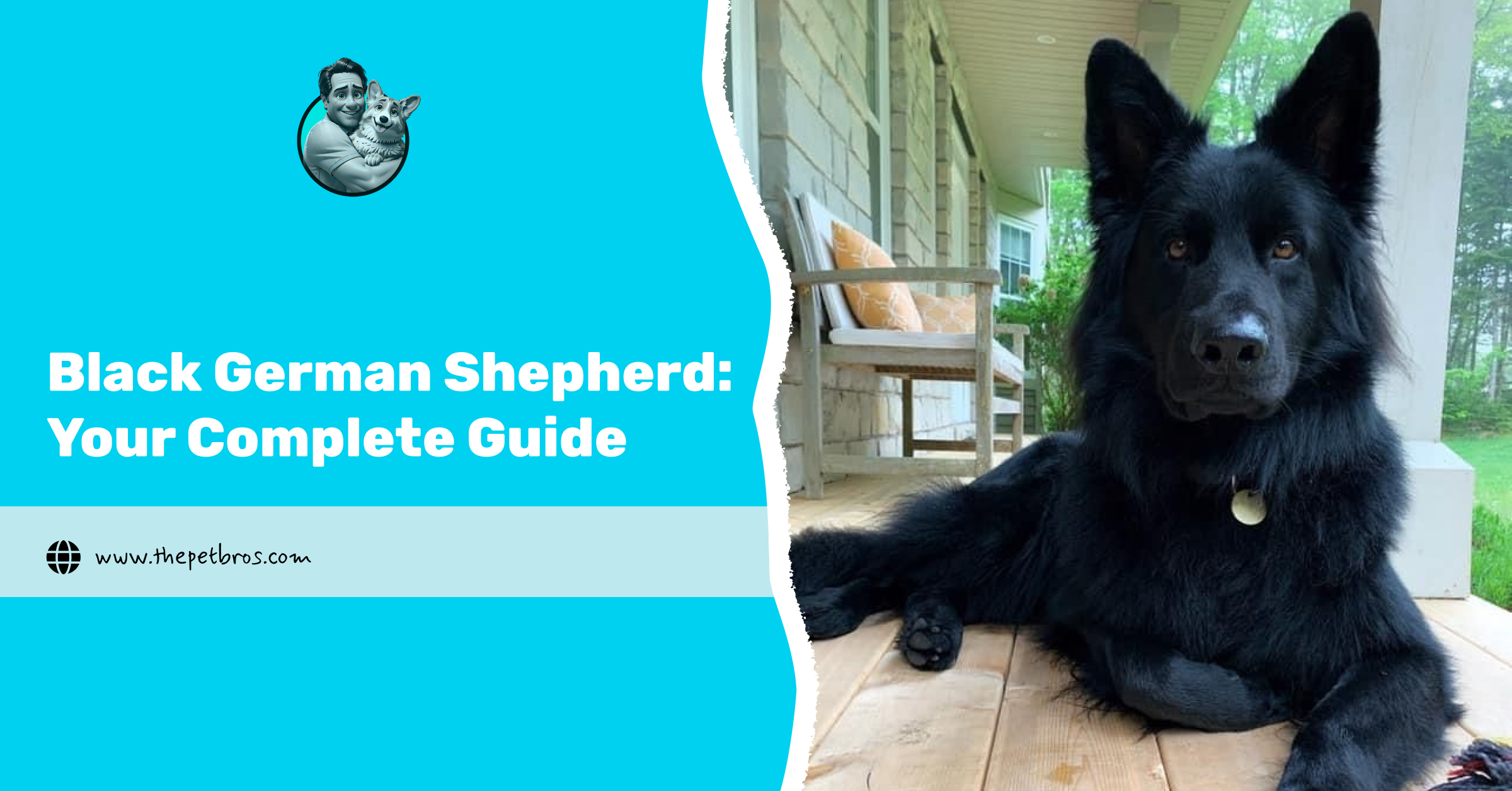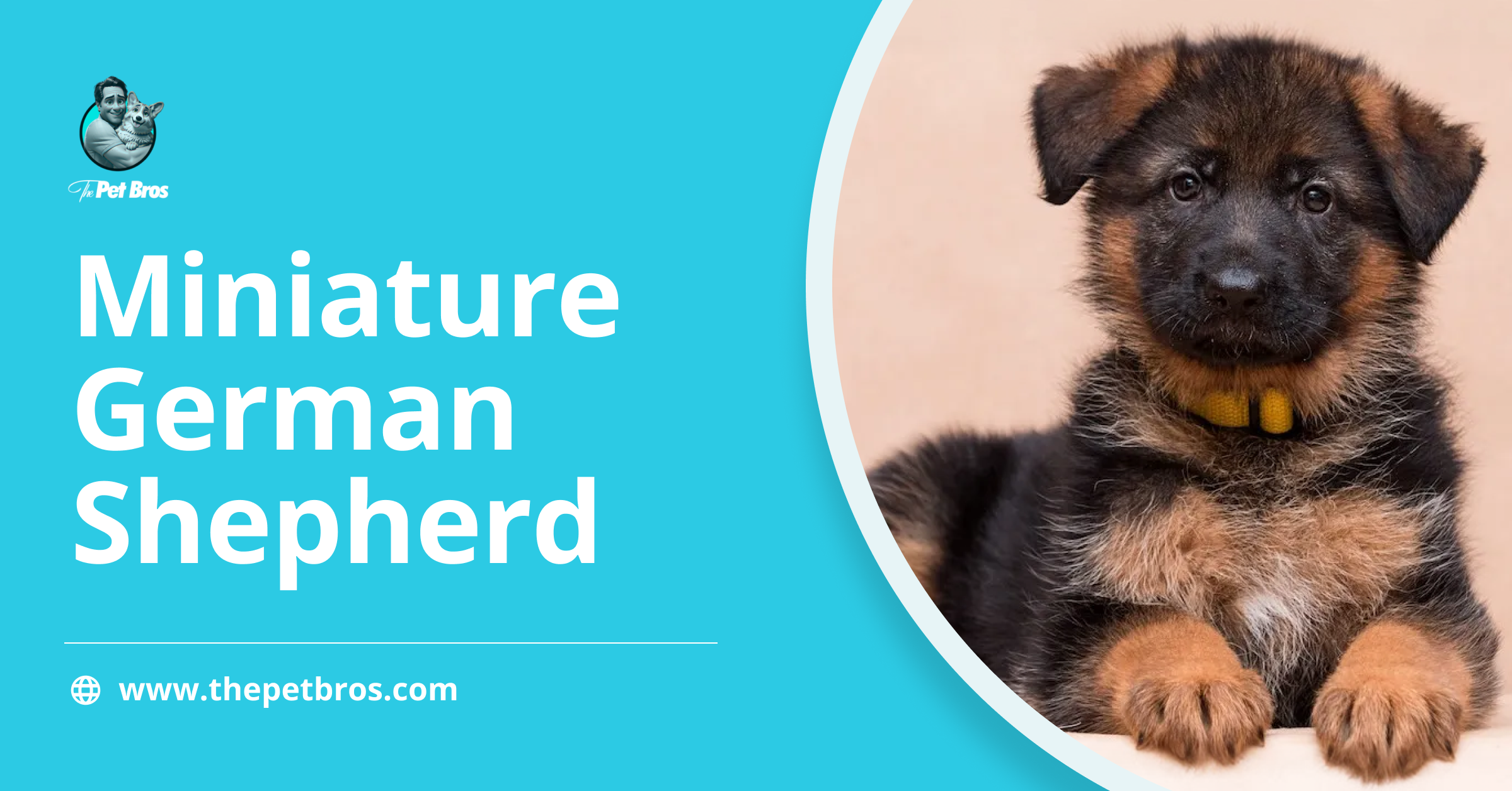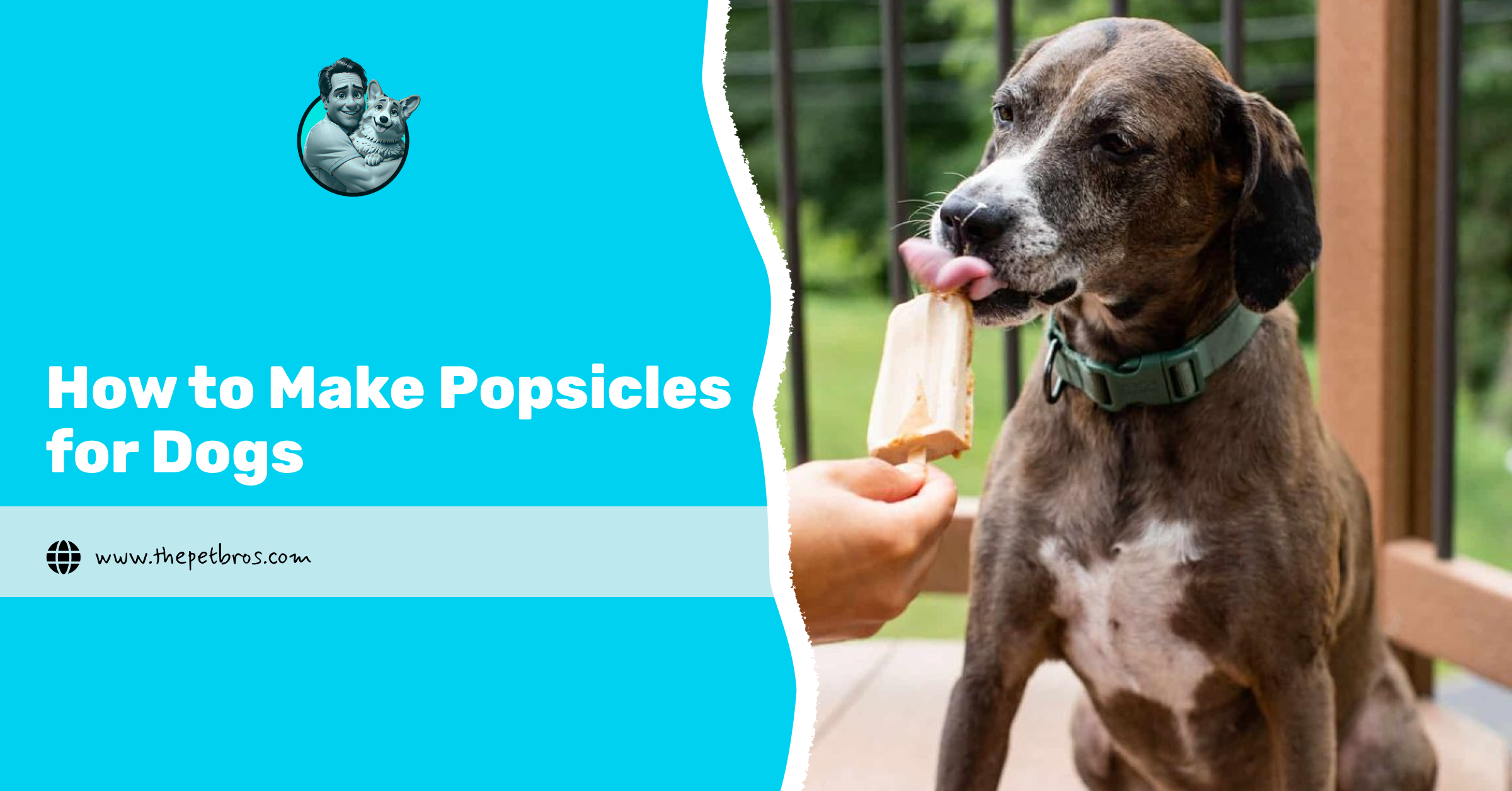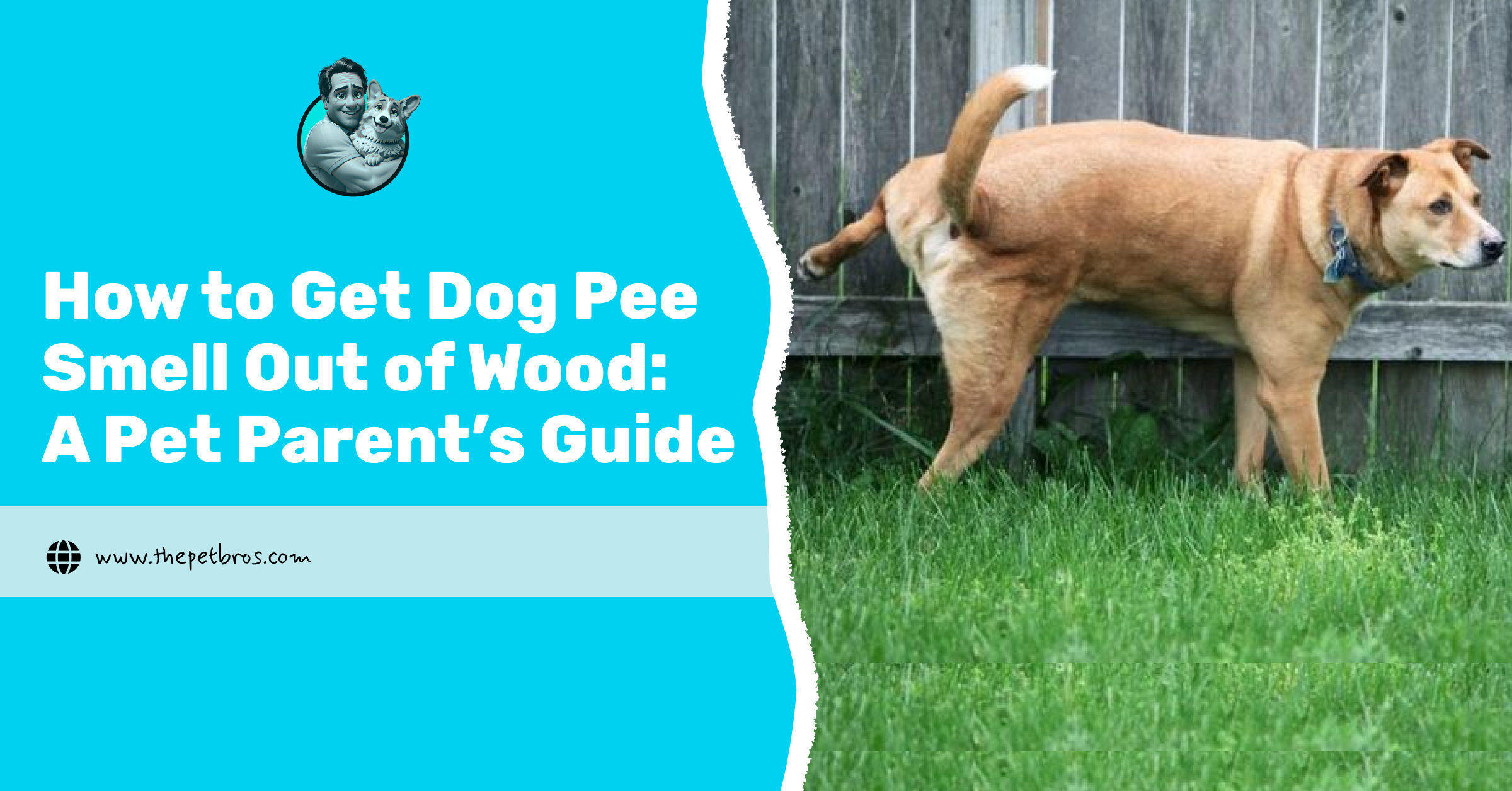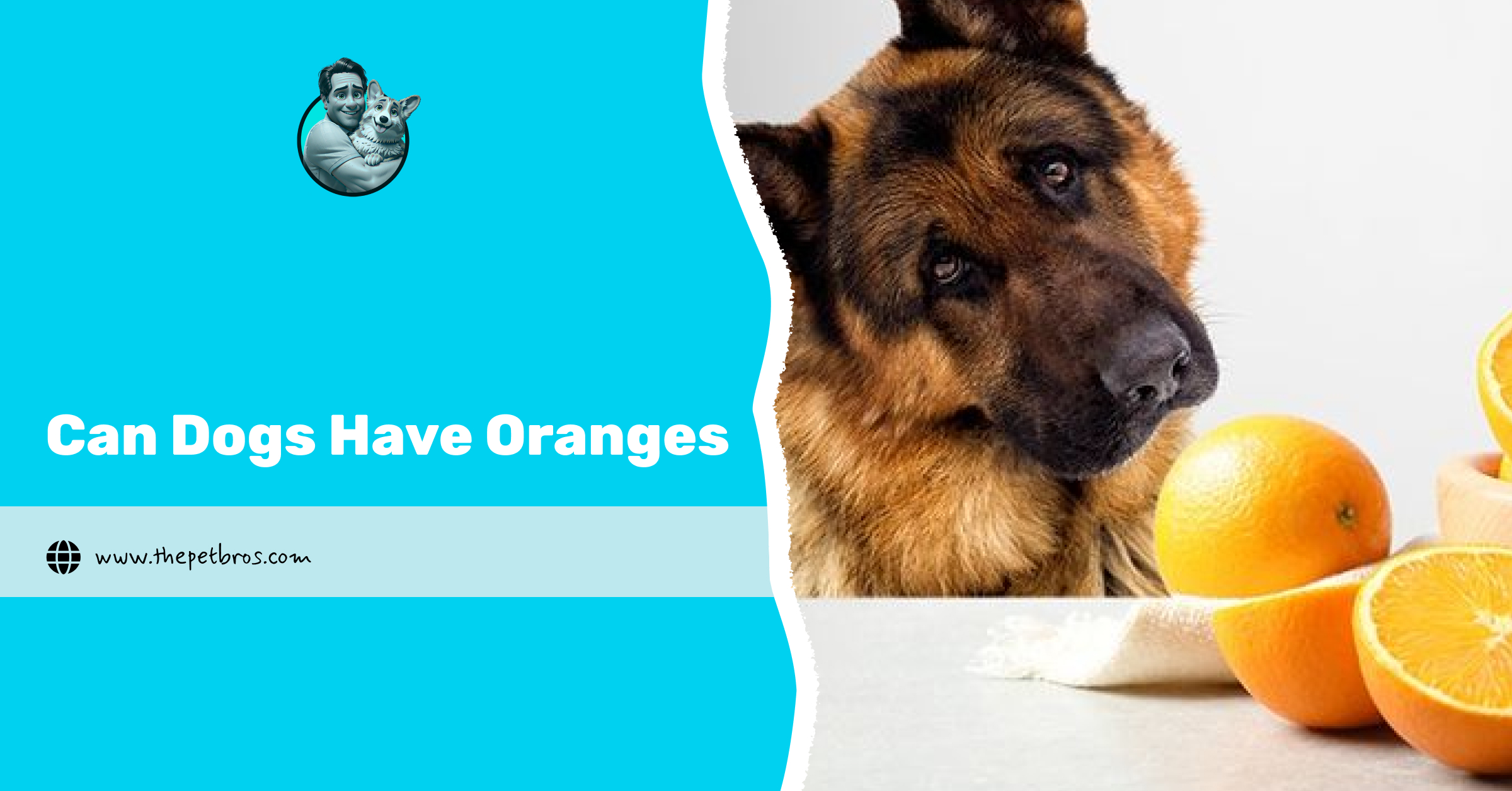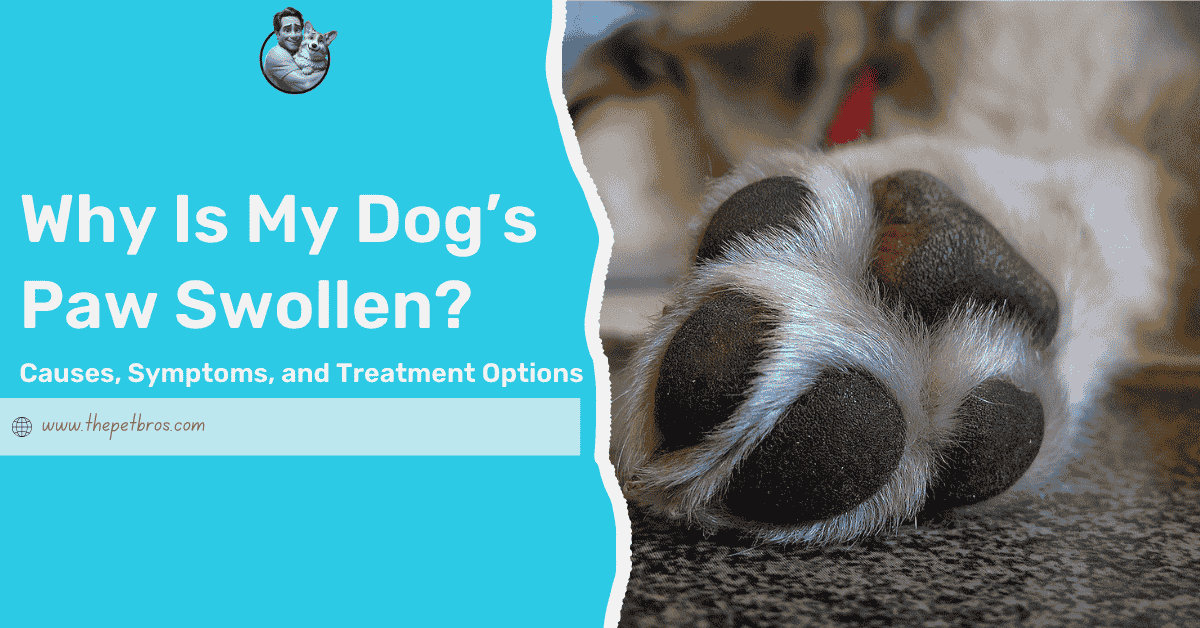So, let’s paint a scenario: It’s 2 AM, and you’re suddenly jolted awake by a long howl from your dog. Your heart races, and you wonder, “What’s happening?” Correct? See, this is a scenario that many dog owners know all too well. And every single time, it leaves us all feeling confused and worried. For many pet parents, a howling dog can be both a mystery and a challenge. For others, who knows… But don’t worry, this behaviour, as we have established, is more common than you might think, and understanding the reasons behind it is the first step to addressing it. So, why do dogs howl at night, and what are they trying to communicate?
Why Do Dogs Howl in the First Place?
Howling is an instinct that’s deeply embedded in a dog’s DNA. Long before dogs became our cuddly companions, their ancestors, the wolves, used howling as a vital form of communication. For them, a howl was more than just noise; it was a way to bond with their pack, signal their location, warn of potential threats, or even mark their territory.
Fast forward to today, although while our beloved dogs have traded the wild forests for cosy homes, they have kept some of those instinctual habits. So, while howling may seem mysterious or even disruptive at times, it’s a natural behaviour that goes back thousands of years. By recognising that howling is a form of communication, whether to express their needs, emotions, or instincts, you’re already one step closer to figuring out how to manage it effectively.
Why Do Dogs Howl at Night?
1. Feeling Lonely or Needing Attention
One of the most common reasons dogs howl at night is because they feel lonely or are seeking attention. We must first understand that some dogs struggle to socialise. So, when the house is quiet, and their humans are asleep, these dogs may feel isolated and howl as a way to call out for companionship. This is particularly true for dogs prone to separation anxiety, who might find it difficult to be away from their family, especially during the long, quiet hours of the night. If you notice your dog howling in their sleep or waking up to howl, it could also be a sign that they are dreaming or feeling uneasy.
2. Reacting to Noises in the Environment
Dogs have an incredibly sharp sense of hearing and can pick up on sounds that humans might not notice. At night, when the world is quieter, even the faintest noise can trigger a dog to howl in response. This is a natural, instinctual behaviour that somehow relates back to their wild ancestors, who would howl to communicate across vast distances. If your dog is particularly sensitive to sounds, you might also observe them whining or barking at night in response to unfamiliar noises.
3. Guarding Their Territory
Territorial instincts can also explain why dogs howl at night. If your dog senses an unfamiliar presence nearby, whether it’s a person walking by, another animal, or even something as subtle as a change in the environment, they may howl to alert you and assert their territory. This form of howling is a way for dogs to say, “I’m here, and this is my space.” Alongside howling, some dogs may exhibit other behaviours like growling or pacing, showing their intent to protect their home.
4. Signalling Pain or Discomfort
Dogs may howl at night if they are experiencing pain or discomfort. The stillness of nighttime can sometimes heighten a dog’s awareness of any aches, injuries, or illnesses they might be feeling. If your dog suddenly starts howling at night and shows signs of distress, restlessness, or changes in behaviour, it could be a sign of a health issue. It’s essential to explore related behaviours, such as a dog whining at night or showing signs of discomfort during the day and consult your vet for a thorough check-up.
5. Experiencing Anxiety or Stress
Lastly, anxiety and stress are also significant reasons why dogs howl at night. Changes in their environment, such as moving to a new home, a new pet or family member, or even the presence of loud noises like thunderstorms or fireworks, can make your dog anxious and howl at night. Some dogs might also howl due to fear or confusion, seeking comfort in the sound of their own voice. Providing a calming, safe environment and using comforting tools can help soothe an anxious dog and reduce howling at night.
How to Stop Your Dog from Howling at Night
The first step is to understand the underlying reason why your dog is howling at night. Once you’ve pinpointed the cause, here are several practical strategies you can use to help your furry friend settle down and enjoy a more peaceful night’s sleep:
- Provide More Exercise and Mental Stimulation: A well-exercised dog is less likely to have excess energy that might lead to howling at night. Make sure your dog gets plenty of physical exercise during the day, whether it’s a long walk, a play session in the park, or a game of fetch in the backyard. Alongside physical activity, mental stimulation is also crucial. Puzzle toys, interactive games, and training exercises can help keep your dog’s mind engaged, reducing the chances that they’ll howl out of boredom or restlessness when the house is quiet. Regular engagement can be one of the most effective ways to prevent dogs from howling at night.
- Create a Calm Sleeping Area: Your dog’s sleeping environment plays a significant role in how comfortable and secure they feel at night. Ensure your dog has a cosy, quiet, and safe space to sleep, away from distractions that might cause them to howl. You can also use calming aids like dog beds with raised sides, crates covered with a blanket for a den-like effect, or white noise machines to drown out external sounds that could trigger your dog’s howling.
- Use Calming Products and Techniques: For dogs that howl at night due to anxiety or stress, calming products and techniques can help soothe them. Consider using calming sprays, pheromone diffusers, or anxiety wraps that provide gentle pressure to help calm your dog. Additionally, establishing a consistent nighttime routine with calming activities, like gentle petting or a short, relaxing walk, can signal to your dog that it’s time to wind down. For more in-depth guidance on how to manage this behaviour, you might find our comprehensive article on How to Stop Your Dog from Howling helpful.
- Consult a Professional if Necessary: If you’ve tried all of these and your dog still howls at night, it may be time to consult with a professional. A veterinarian can help rule out any underlying medical issues causing the howling, while a certified dog behaviourist can provide a tailored plan to address your dog’s specific needs. Persistent nighttime howling could indicate a deeper behavioural issue that requires expert attention.
Debunking Myths About Dogs Howling at Night
There are many myths and superstitions surrounding why dogs howl at night. While some of these beliefs have been passed down through generations, it’s essential to separate fact from fiction to understand our furry friends better. Let’s debunk some of the most common myths about dogs howling at night:
Myth 1: “Howling Means Bad Luck”
One of the oldest myths is that a howling dog is an omen of bad luck or death. This belief is deeply rooted in folklore from various cultures, where a dog howling at night was thought to be a sign of impending doom. I had a good laugh reading through this Quora thread. However, this is just a superstition. In reality, dogs howl as a form of communication, whether they’re expressing loneliness, responding to environmental noises, or trying to alert their owners to something. There is no evidence to support the idea that a howling dog brings bad luck. Instead, understanding why your dog is howling can help you address their needs more effectively.
Myth 2: “Dogs Only Howl When They Are Sad”
Another common misconception is that dogs howl only when they’re sad or depressed. While it’s true that howling can sometimes indicate distress, such as anxiety or loneliness, it’s not the sole reason why dogs howl at night. Again, howling is a multifaceted form of communication for dogs. They might howl in response to hearing other dogs as a way to bond with their human family or even out of excitement. In some cases, dogs howl in their sleep, which might be linked to dreams or subconscious experiences. Therefore, howling is not always a sign of sadness but can reflect a range of emotions and instincts.
Myth 3: “You Should Ignore a Howling Dog”
Some people believe that ignoring a howling dog is the best way to stop the behaviour. While ignoring attention-seeking howling can sometimes be effective, it’s crucial to determine why the dog is howling in the first place. Ignoring a dog that howls due to anxiety, pain, or a genuine need for attention can actually make the situation worse. If your dog’s howling at night is persistent and seems out of the ordinary, it’s essential to consider the possible causes and provide appropriate care rather than simply disregarding their cries.
Conclusion
So, there you have it, the reasons why dogs howl at night and what you can do to help them. Ultimately, every dog is unique, and finding the right approach may take some patience and experimentation. Have you dealt with a howling dog at night? What worked for you? Don’t hesitate to share your experiences and tips in the comments below. We’d love to hear from you!
Frequently Asked Questions
What should I do if my dog howls in its sleep?
If your dog howls in its sleep, it’s usually nothing to worry about. Just like humans, dogs can dream, and their howling might be a response to something happening in their dreams. However, if your dog seems distressed or the howling is frequent and accompanied by signs of anxiety or restlessness, it could be worth consulting your vet to rule out any underlying issues.
Does howling always mean my dog is unhappy?
No, howling doesn’t always mean your dog is unhappy. While howling can sometimes indicate loneliness, anxiety, or discomfort, dogs may also howl in response to environmental sounds, to communicate with other dogs, or even to bond with their owners.
What does it mean when you hear a dog crying at night?
A dog crying at night could indicate several things, such as loneliness, anxiety, or discomfort. Some dogs cry when they feel separated from their owners. Others might cry due to physical discomfort or a need to go outside. If your dog cries at night frequently, it’s essential to assess their environment, routine, and any potential health issues to provide comfort and address the root cause.
Do dogs cry at the end of life?
Yes, dogs might cry or vocalise more at the end of life due to pain, discomfort, or confusion. As a dog nears the end of its life, it can experience changes that cause anxiety or distress, leading to increased vocalisations like crying or whimpering.






